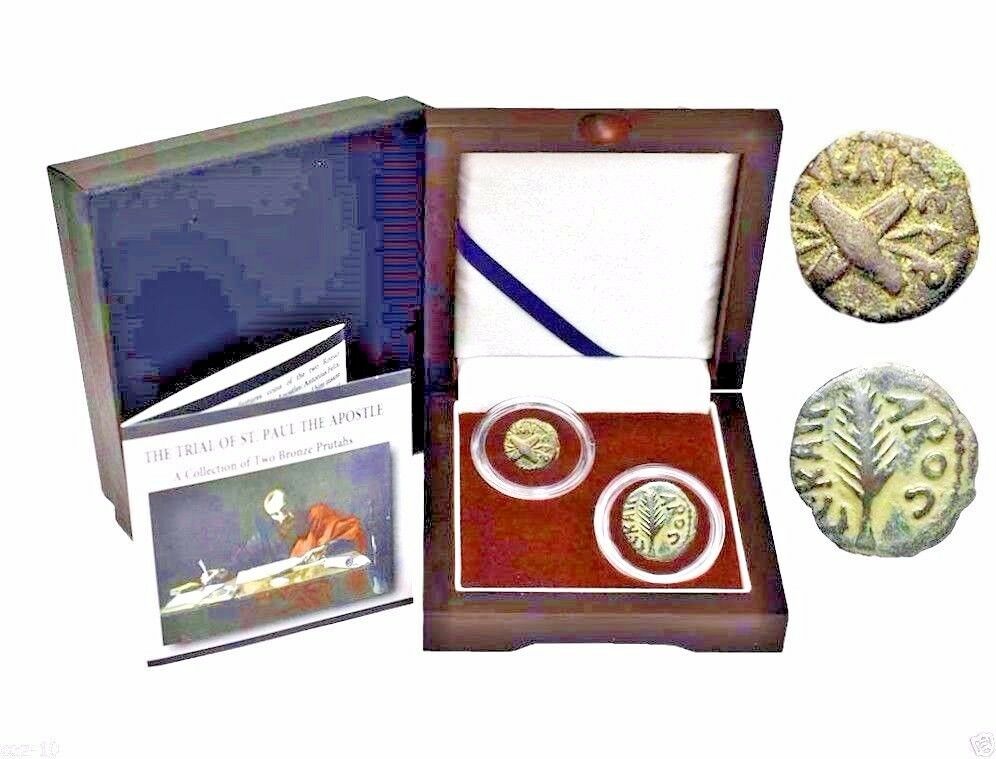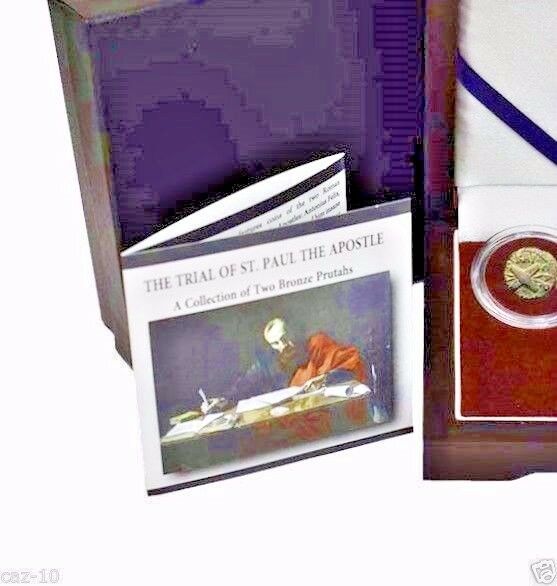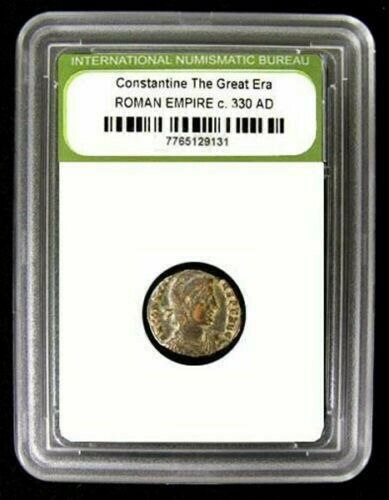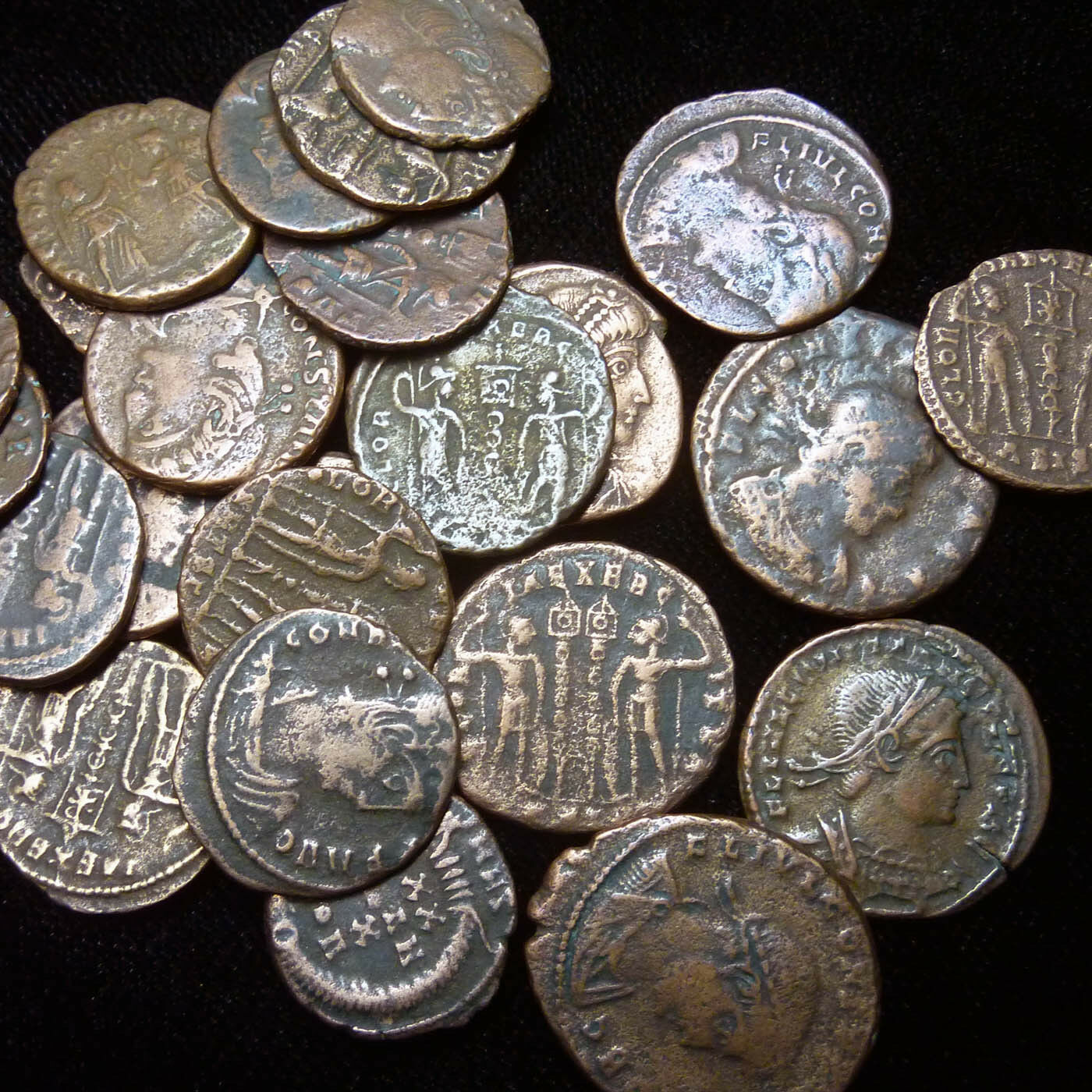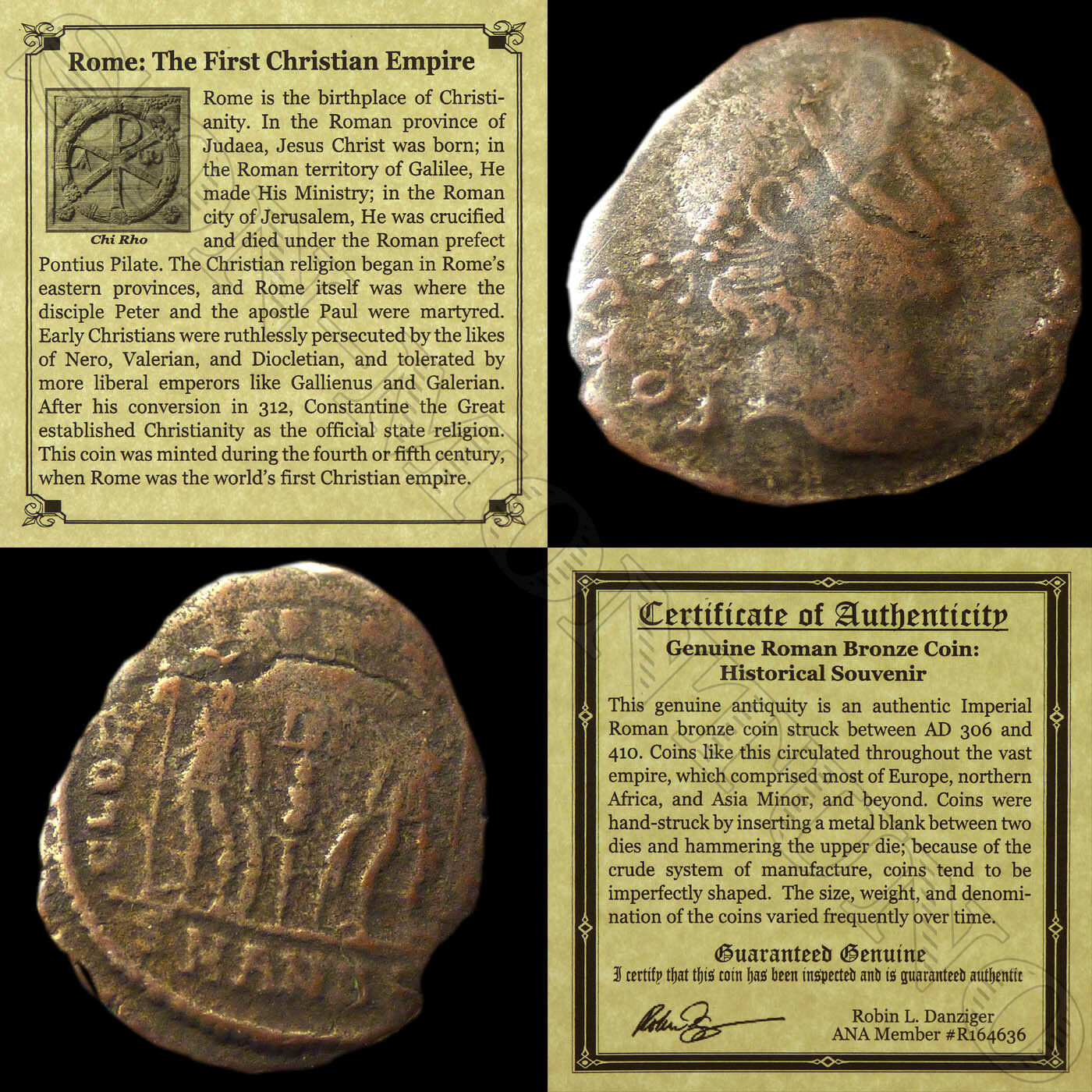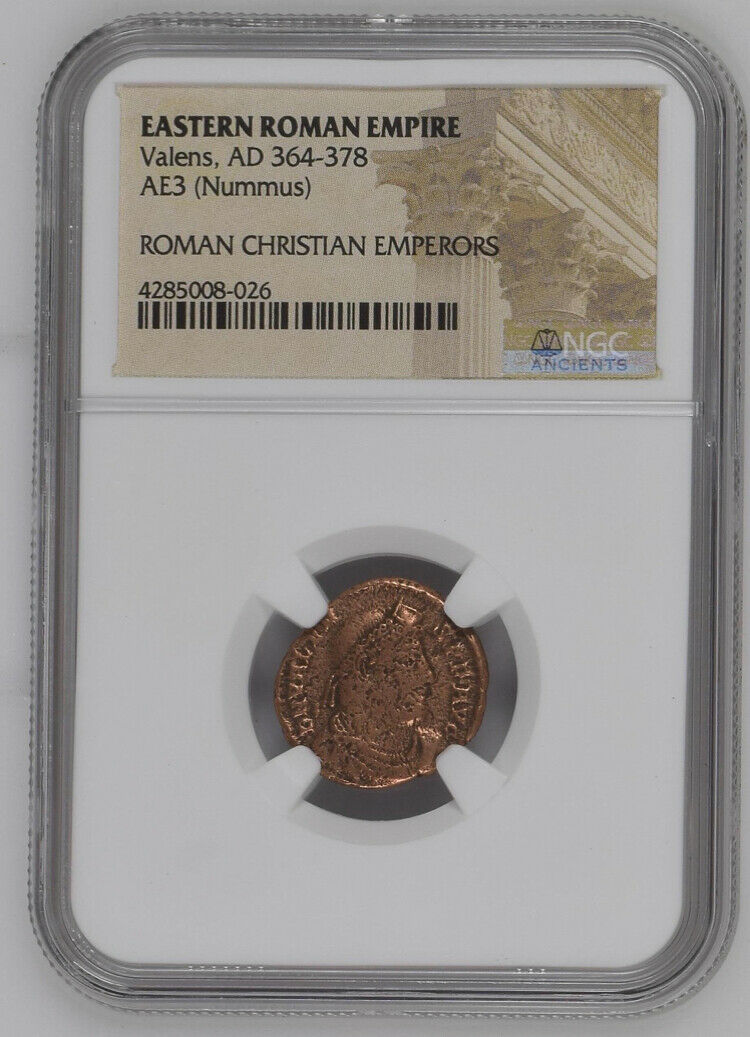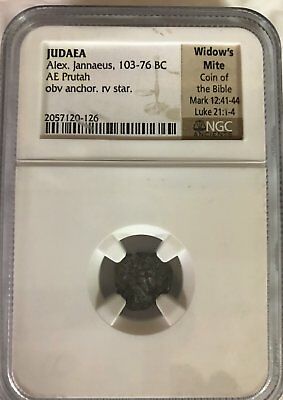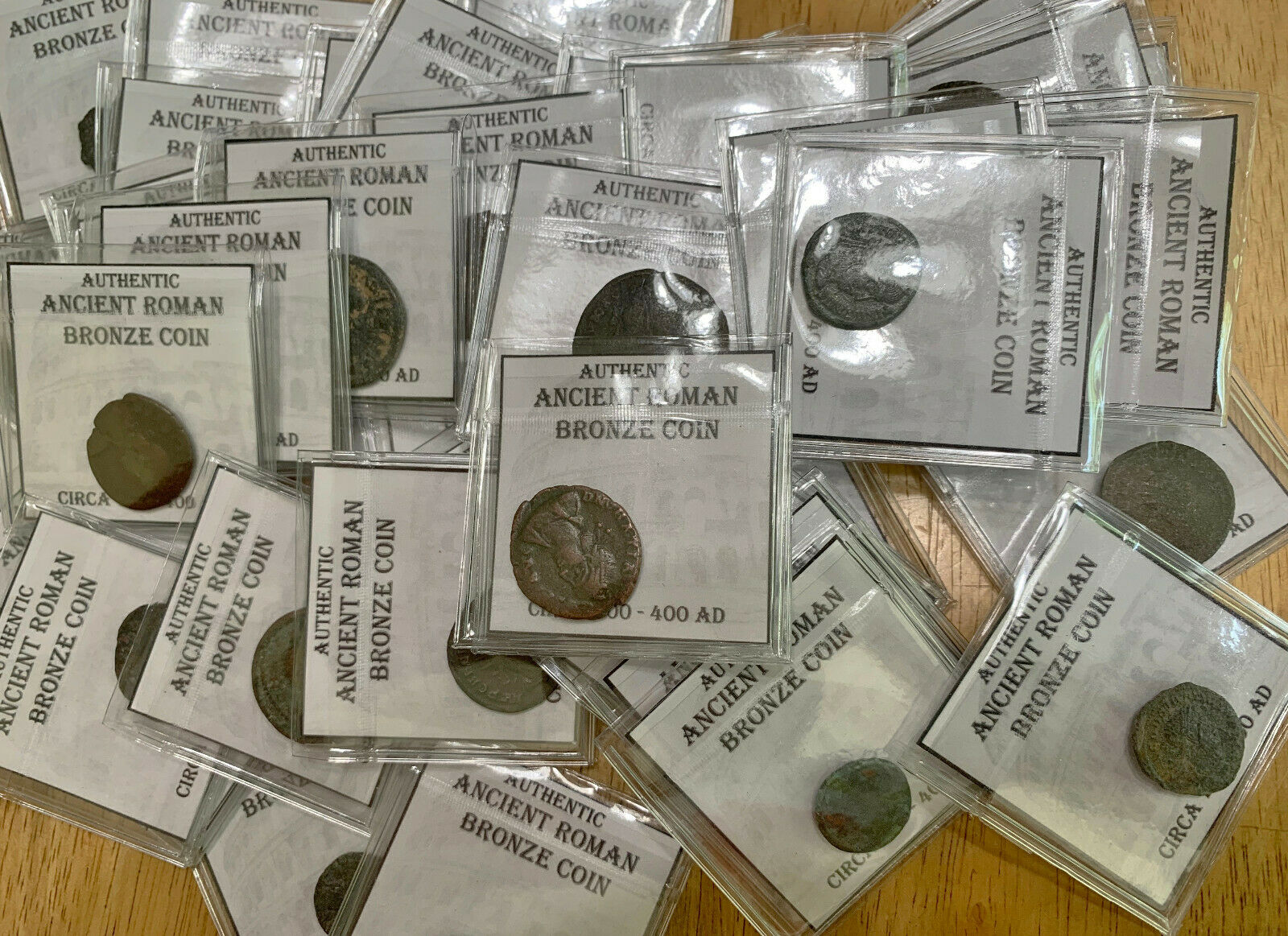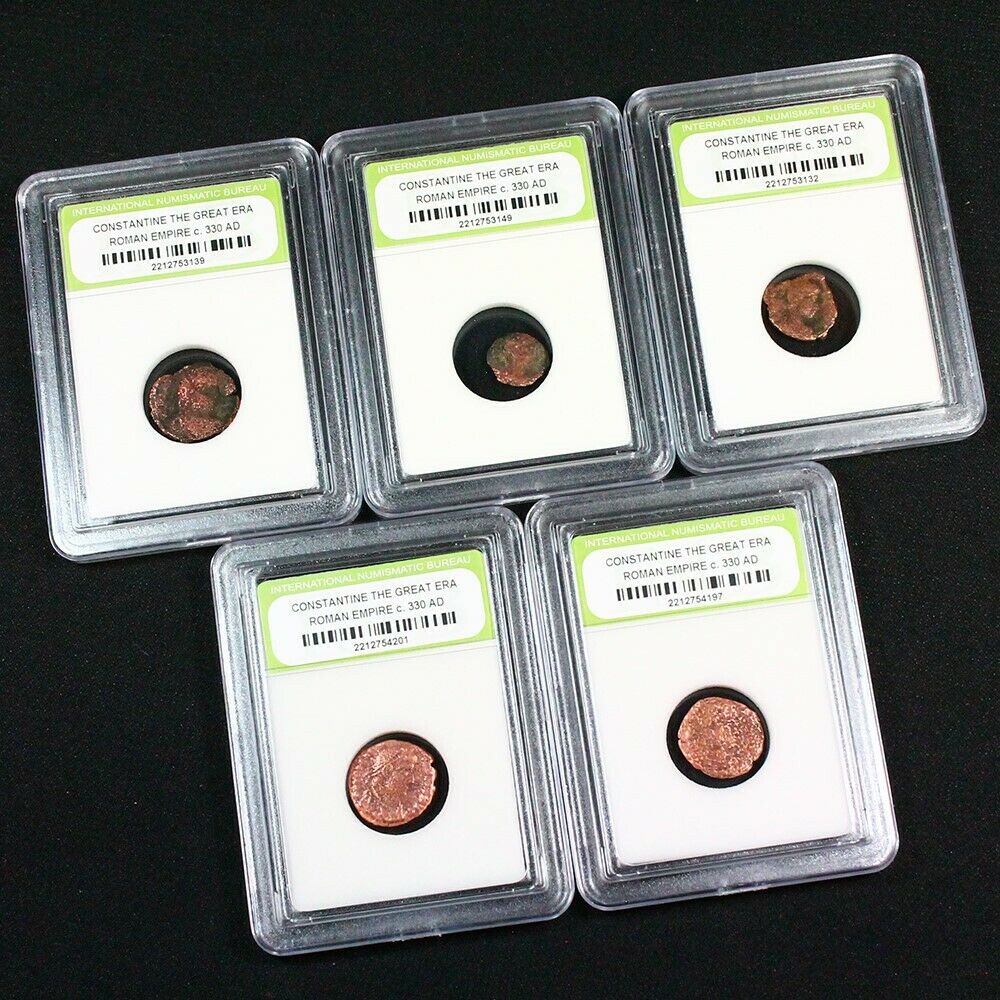-40%
Trials of Saint Paul - Two Bronze Prutah Coins in Beautiful Presentation Box
$ 62.47
- Description
- Size Guide
Description
Trials of Saint Paul - Two Bronze Prutah Coins in Beautiful Wood Presentation Box,With Story,Certificate.
Other than Jesus Christ Himself, no other individual has had a more profound impact on Christianity than the Apostle Paul. After his famous conversion on the road to Damascus, Paul became a roving missionary of Jesus Christ, preaching the Good News throughout Asia Minor. His active conversion of Gentiles turned Christianity from an obscure Jewish cult into what is now the world’s largest religion. Saul was born in Tarsus in about 5 BCE, the son of a Pharisee, and educated by the famed rabbi Gamaliel in Jerusalem. A devout Jew, he was initially a fanatical persecutor of Christians, whom he regarded as apostates. Young Saul was present at the trial of St. Stephen, the first known Christian martyr. When he was about 40 years old, on the road to Damascus, Saul had a vision of Jesus Christ, a conversion experience so profound it left him temporarily blinded. From that moment on, he took his Roman name, Paul, and became a tireless minister of the Lord. Paul traveled throughout the region, from Damascus to Antioch, Cyprus to Jerusalem, Ephesus to Caesarea. In one of the first schisms of the early Church, he feuded with the apostles Peter and James, both of whom believed that it was necessary to observe the Torah. Paul argued that faith in Jesus Christ was enough—and he won the debate. Peter may have been the “rock” on which the church was built, but Paul was the one most responsible for exporting that church across the known world. By the time of his last visit to Jerusalem, however, Paul had made enough enemies that his mere presence at the Temple instigated a riot. At the urging of the local Jewish leaders, he was arrested and sent to the provincial capital of Caesarea, where he was imprisoned by decree of the governor of Judea, Antonius Felix. For two years Paul languished in prison, held without trial. Although Felix reportedly enjoyed Paul’s company and dined with him on numerous occasions—their meetings are mentioned in the New Testament’s Acts of the Apostles—Felix did not release him, probably because Paul refused to pay the venal governor a bribe. Only when Felix was replaced by Porcius Festus, in AD 60, is Paul put on trial before the governor. Refuting the charges against him (unlike Jesus, who speaks no words in his own defense), Paul says: I was not disobedient to the vision from heaven….I preached that they should repent and turn to God and demonstrate their repentance by their deeds. That is why some Jews seized me in the temple courts and tried to kill me. But God has helped me to this very day; so I stand here and testify to small and great alike. I am saying nothing beyond what the prophets and Moses said would happen— that the Messiah would suffer and, as the first to rise from the dead, would bring the message of light to his own people and to the Gentiles.Festus then offers his assessment of the man on trial. “You are out of your mind, Paul! Your great learning is driving you insane.” (Acts 26: 19-24) Paul asks to be given a trial in Rome, his right as a Roman citizen. Festus grants this request. We have no record of how the second trial fared, but tradition holds that Paul was beheaded in Rome in about the year AD 67, martyred for his belief in Jesus Christ. This remarkable collection features coins of the two Roman governors of Judea mentioned in Acts of the Apostles: Antonius Felix, who put Paul in prison; and Porcius Festus, who declared him insane and sent him to Rome, where Paul was executed. These bronze prutahs circulated in Judaea from 52-62—roughly the span of Paul’s various ministries. These were the coins used throughout the province at that time, and may well have been used by Paul himself.
1. Antonius Felix (Under Claudius) Type 1 52-60 AD Judaea Prutah Bronze 2-2.5 g 16-17.5 mm “Julia Agrippina - wife of Claudius”, within a wreath Reverse: Type 1 “Tiberius with titles”, two crossed palm fronds, and date below Two different common types of Antonius Felix with Greek legends: Type 1 Obverse: Type 2 “Nero Claudius Caesar”, two shields and two spears crossed Reverse: Type 2 Six-branched palm and dates Type 2 Ruler
2. Porcius Festus (Under Nero) Obverse: Type 1 59-62 AD Judaea Prutah Bronze 1.8-2.6 g 14.5-17.5 mm NEP/WNO/C (Nero) in wreath Reverse: Type 1 KAICAPO (Caesar) and palm frond and date
These sets are assembled at the time of purchase and are the result of years of searching through thousands of coins.
Coins included may vary.
All coins in each set are protected in an archival capsule and beautifully displayed in a hardwood box.
The box set is accompanied with a story card, and gift box.
Over 24,000 positive feedbacks
ANA
Platinum Member # 3163853
All Items Ship Priority Mail.
